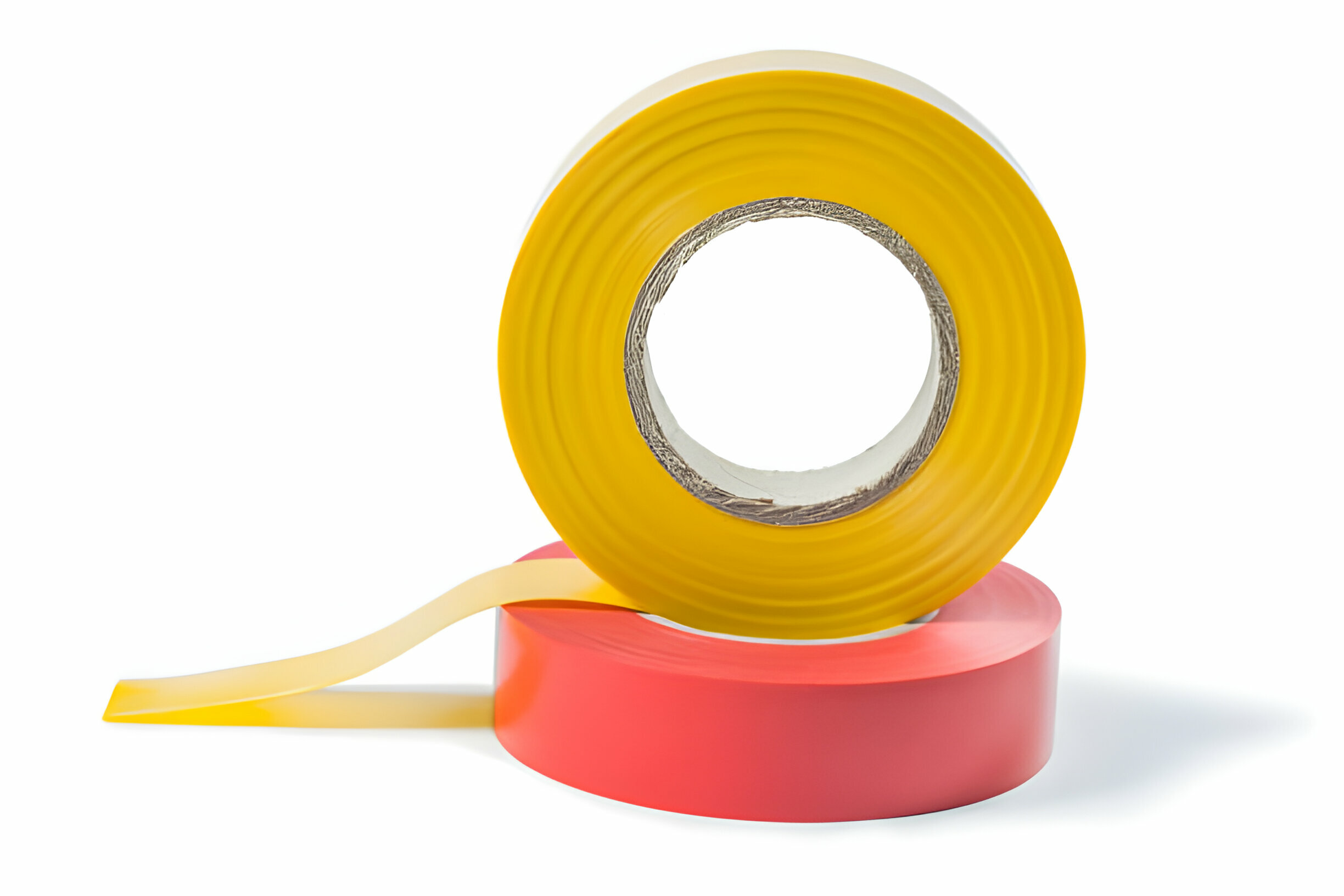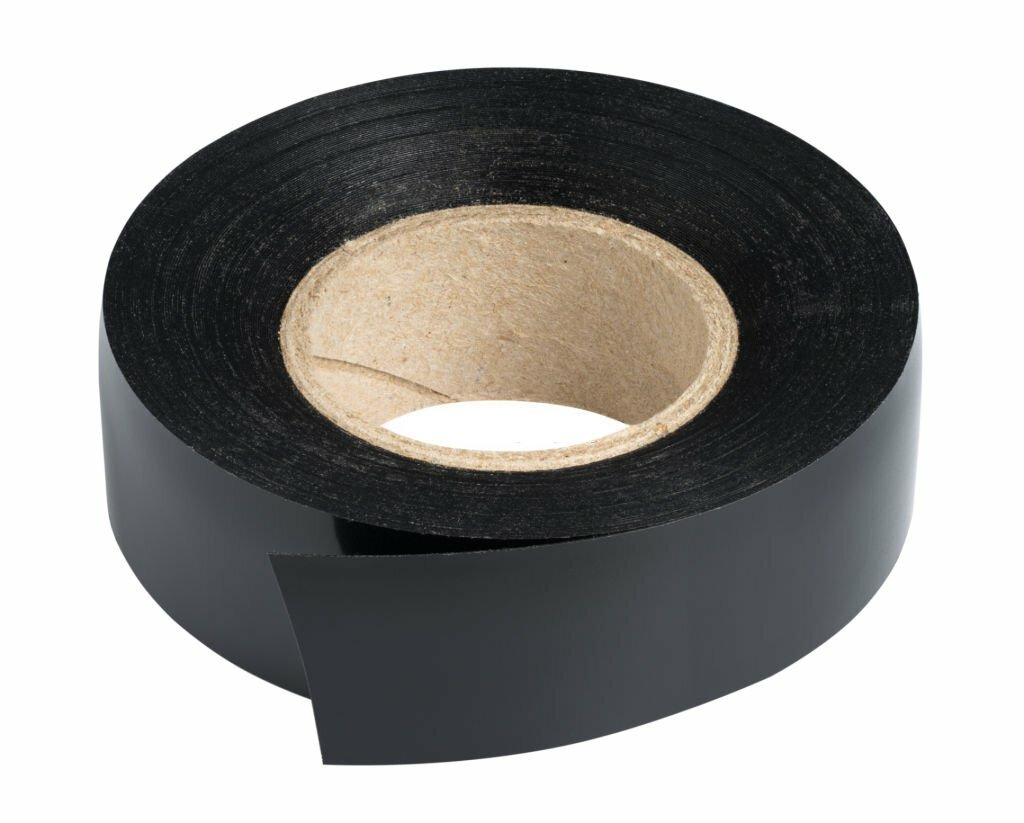In industries where packaging determines how products are protected, presented, and delivered, the quality of materials used cannot be overlooked. Businesses need solutions that can handle the weight of logistics, the unpredictability of transit, and the expectations of end customers. One material that consistently meets these demands is BOPP tape, a versatile and durable packaging solution that has become a standard for sealing and securing cartons across sectors.
For companies that need reliability in their packaging process, Flexibond, a trusted BOPP tape manufacturer in Gujarat, offers premium tapes that combine strength, durability, and ease of use. Whether it is a small e-commerce seller shipping lightweight products or a large industrial exporter moving heavy cartons, BOPP tape helps maintain the integrity of every shipment. Over the years, this tape has emerged as the preferred choice not only because of its durability but also because it offers a cost-effective and professional solution for businesses seeking to protect their goods. In a time when delays, damage, or tampered packaging can harm a brand’s image, the right packaging tape is not just an accessory—it is an essential part of the supply chain. By working with a trusted BOPP tape manufacturer in India, businesses can secure products efficiently while improving their overall operational performance.
What Exactly is BOPP Tape?
BOPP tape, short for Biaxially Oriented Polypropylene tape, is a pressure-sensitive adhesive tape made with a polypropylene backing and a specialized adhesive layer. The biaxial orientation process strengthens the tape, giving it excellent tensile strength and resistance to tearing, while maintaining flexibility for easy application. Its clear, strong, and glossy finish not only adds to its professional appearance but also ensures that the tape performs well under various conditions.
Some reasons why businesses rely on BOPP tape:
- High tensile strength ensures packages remain sealed, even when subjected to rough handling.
- Moisture and temperature resistance make it suitable for warehouses, cold storage, and long-distance transport.
- Strong adhesive properties allow it to bond firmly to materials like cardboard, plastic, and metal.
- Lightweight construction ensures it is easy to handle and does not add unnecessary weight to shipments.
- Customizable options allow businesses to print logos or instructions, turning packaging into a branding tool.
Why Businesses Prefer BOPP Tape Over Alternatives
Traditional packaging tapes, including paper-based or low-grade plastic tapes, often fall short when tested against the rigors of logistics. They can peel off, lose adhesion in changing climates, or tear under pressure. BOPP tape, on the other hand, offers a combination of strength and flexibility that makes it more dependable.
Industries rely on BOPP tape for several reasons:
- It prevents accidental openings during transit, protecting contents from damage.
- Its durability minimizes replacement and maintenance costs.
- It adheres quickly and evenly, speeding up the packaging process.
- The tape’s clear or vibrant colored finish adds a professional appearance to every package.
Flexibond produces BOPP tapes that meet these exacting standards, ensuring that businesses of all scales—from local manufacturers to exporters—benefit from secure, efficient packaging solutions.
The Industries That Rely on BOPP Tape
BOPP tape is versatile and widely used across industries because it performs well in different environments and applications. Its ability to remain effective even under challenging conditions makes it a preferred choice in sectors such as
- E-commerce and Retail – Ensuring parcels remain sealed through complex distribution networks.
- Food and Beverage—Providing a seal that withstands cold storage and humid environments without losing adhesion.
- Manufacturing and Export—Securing heavy cartons for long journeys where boxes endure stacking, vibrations, and handling.
- Logistics and Warehousing—Supporting high-speed operations where fast application and reliability are crucial.
- Pharmaceuticals and Healthcare—Offering tamper-evident seals for sensitive products.
In each of these sectors, reliability is essential. A package that opens or tears during transit can lead to costly returns, lost products, or dissatisfied customers. BOPP tape helps businesses avoid such risks by offering consistent performance.
How BOPP Tape Improves Operational Efficiency
Packaging is not just about protection; it is about efficiency. BOPP tape helps businesses streamline their packing process by being easy to handle and quick to apply, even in fast-paced environments.
Some benefits for operational teams include
- Time savings during packaging, thanks to smooth unwinding and consistent adhesive quality.
- Reduced waste, since quality tape requires fewer layers to create a secure seal.
- Lower risk of rework, as boxes remain sealed throughout transit, minimizing complaints and returns.
- Compatibility with automated systems, as high-quality BOPP tapes can be used in carton sealing machines without frequent breaks or jams.
Flexibond’s BOPP tapes are designed with these operational benefits in mind, helping businesses save both time and resources while maintaining quality control.
Durability That Matters
BOPP tape is valued for its long-lasting performance, especially in environments where packages face rough conditions. The tape resists wear, abrasion, and environmental challenges like humidity and heat, ensuring that seals do not weaken during storage or transportation.
Its durability translates into tangible benefits for businesses: fewer damaged boxes, fewer returns, and more satisfied customers. For exporters and large-scale distributors, where shipments can take weeks to reach their destination, this reliability becomes even more crucial.
Branding Through BOPP Tape
Beyond its protective qualities, BOPP tape also serves as a branding opportunity. Many businesses use printed BOPP tape featuring their logos, slogans, or handling instructions. This approach not only strengthens brand visibility but also improves professionalism, making every package an extension of the company’s image.
Custom-printed tape can also deter tampering. Packages sealed with branded tape are less likely to be interfered with, as any tampering becomes immediately noticeable. Flexibond supports businesses by offering customizable BOPP tape options that combine security with brand promotion.
Why Flexibond Leads the Market
Flexibond has become a preferred name among businesses because of its commitment to delivering dependable, high-quality products. As a BOPP tape manufacturer in Gujarat, Flexibond understands the varied requirements of industries and designs its products to withstand the daily challenges of packaging and logistics.
Key strengths of Flexibond’s BOPP tapes include:
- Strong adhesion that holds up in demanding conditions.
- Vibrant colors and finishes that maintain visibility and appeal over time.
- Compatibility with manual and automatic application tools.
- Consistent quality, ensuring that every roll performs to the same standard.
By combining durability, efficiency, and customization, Flexibond supports businesses across sectors in enhancing their packaging standards.
Why BOPP Tape is the Future of Secure Packaging
In an era where speed, reliability, and brand presence are critical to success, BOPP tape offers a versatile and dependable solution for modern packaging challenges. Its superior strength, resilience, and branding potential make it far more than just a functional tool—it is an asset that enhances the entire supply chain.
Businesses that prioritize quality packaging are more likely to maintain customer trust, avoid damage-related losses, and present a professional image to clients and end users. With the right BOPP tape, packaging becomes not only secure but also an opportunity to reinforce a company’s identity.
Conclusion
Packaging is more than a step in the shipping process; it is a reflection of a company’s commitment to quality and reliability. Choosing the right tape is vital to ensure that every package remains secure, arrives intact, and represents the brand positively. Flexibond, as a trusted BOPP tape manufacturer in India and a leading BOPP tape manufacturer in Gujarat, provides products that empower businesses to meet these goals effortlessly.
Whether your business handles small daily shipments or large-scale industrial logistics, Flexibond’s BOPP tapes deliver strength, consistency, and visual appeal. With every roll, businesses gain the confidence that their packages are protected, their operations run smoothly, and their brand leaves a lasting impression.
Take your packaging to the next level with Flexibond’s premium BOPP tapes. Contact our team today to learn more about how our solutions can help your business pack smarter, ship safer, and grow stronger.













